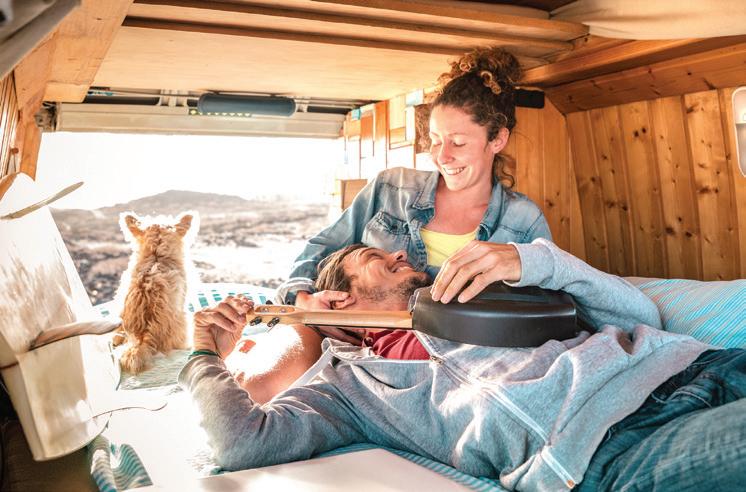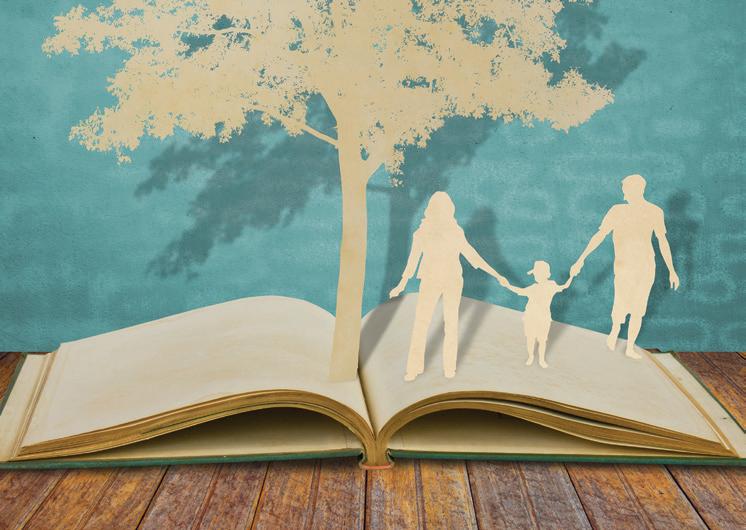Do you know where some of your grandparents grew up?
inspiration
4 PM production/Shutterstock.com
Do you know where some of your grandparents met? Do you know where your parents were married? Do you know what went on when you were being born? Do you know the source of your name? Do you know some things about what happened when your brothers or sisters were being born? Do you know which person in your family you look most like? Do you know which person in the family you act most like? Do you know some of the illnesses and injuries that your parents experienced when they were younger? Do you know some of the lessons that your parents learned from good or bad experiences? Do you know some things that happened to your mom or dad when they were in school? Do you know the national or ethnic background of your family? Do you know some of the jobs that your parents had when they were young? Do you know some awards that your parents received when they were young? Do you know the names of the schools that your mom went to? Do you know the names of the schools that your dad went to? Do you know about a relative whose face “froze” in a grumpy position because he or she did not smile enough? Ronica A. O’Hara is a Denver-based health writer. Connect at OHaraRonica@gmail.com.
Fathers Know Best
D
by Neal Allen
ads, lighten up. Yes, all dads project their own fears and hopes on their children. If Dad dreamed of becoming a first baseman for the Yankees, he’ll push Johnny into baseball, ignoring his son’s preference for woodworking. If Dad harbored hopes of being the next Hemingway, he’ll praise Mary’s poetry, and maybe skip a few of her tedious soccer games. Those are the facts, ma’am. Dads have a habit of imposing their own success goals on their kids. It’s not built into fatherhood to let kids willy-nilly develop their own talents and dreams. Does that ruin the kids? Who knows? It happens in just about every family, so good luck finding a control group for the experiment. There may be no hope for the kids, but how about the dads? What might happen if they notice this odd behavior and how might that lighten their own loads? Most of us dads, most of the time, initially take on the responsibility of fatherhood—income, protection, education—with drive and purpose. We make compromises with our pre-dad selves. The sports car gets traded in for a minivan. Playing guitar becomes a hobby, not a professional goal. We sign on at the warehouse. New dads around the country are making these changes every day, and mostly with alacrity. It’s later, when the perfect infant becomes the complaining toddler or
rejecting teenager, that the vexing notion arises that another life could have been lived. This form of nostalgia—for what never came—is bitter. The word “nostalgia”, after all, comes from the Greek for “the pain of going home”. But by seeing himself project his dreams on his children, a father can also see how he’s holding onto a suspect belief that another life would have been better. With maturity, a dad can revisit his adolescent dreams; not nostalgically, but with the wisdom that comes with age. Did I really have a chance at the Yankees? Be real. Weren’t there two guys in high school alone who had more talent? Asking these questions, a father might even notice that no one in the family measures his worth in worldly achievements. A dad is best remembered in his capacity for love, kindness, forgiveness, everyday strength and friendliness. Your child may know you’re a master carpenter. But what she remembers is that day when you gently showed her the right way to hold a hammer. Neal Allen is a spiritual coach and author who shares seven children, step-children and grandchildren with his wife, writer Anne Lamott. His book on a new path to personal freedom will be released by Hierophant Publishers in spring 2021. For more information, visit ShapesOfTruth.com. June 2020
37











